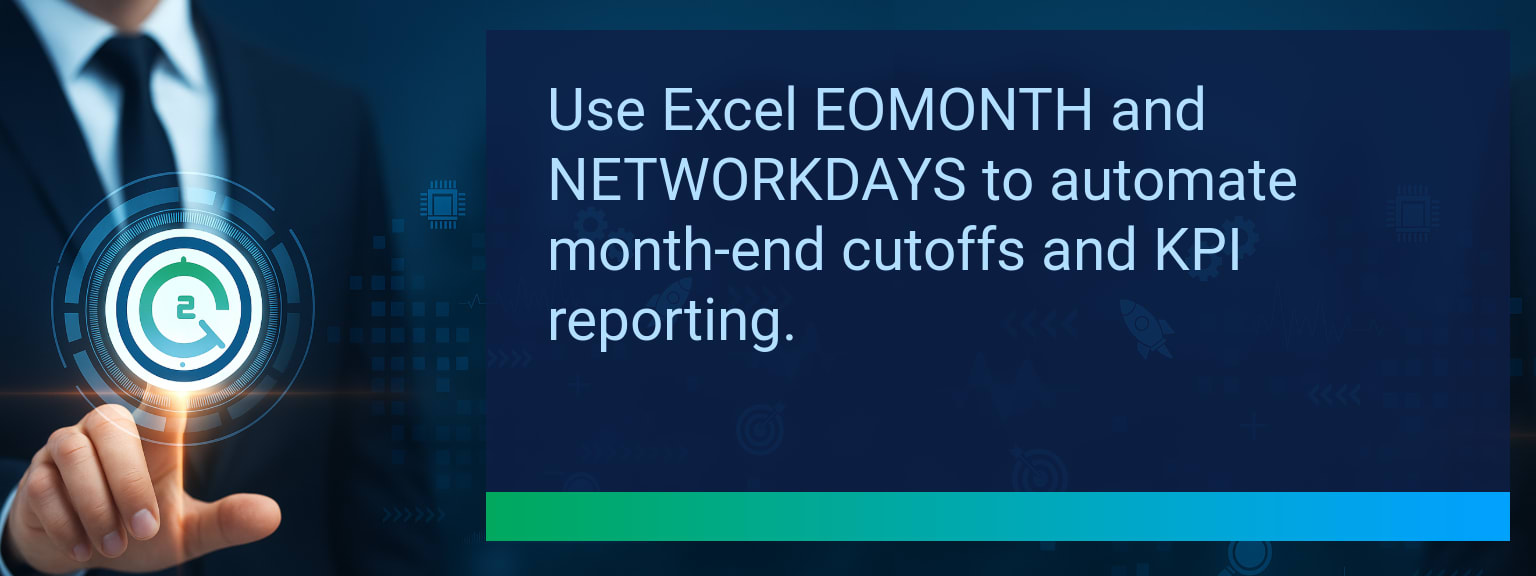Marketing KPI Automation with Smartsheet and Real-Time Integrations
Scattered marketing data slows decision-making and creates reporting blind spots. Manual updates from Google Analytics, ad platforms, and CRM systems waste hours and increase error risk. Two Minute Tech Tips shows you how marketing KPI automation using Smartsheet integrations eliminates these inefficiencies by centralizing and syncing key metrics in real time. With automated reporting, marketing teams can shift focus from chasing numbers to acting on insights faster. In this article, you’ll learn how to identify the right KPIs, connect Smartsheet with your tech stack, and enable real-time performance analytics that powers agile, revenue-focused decisions.
- Identify the 4–6 core marketing KPIs most critical to business growth.
- Structure a Smartsheet dashboard with formulas and visual indicators.
- Integrate data sources via Zapier, Make, or Smartsheet’s Data Shuttle.
- Enable automated alerts and scheduled reports for quick response.
- Use AI forecasting to spot trends and adjust campaigns proactively.
The Shift from Manual Reporting to Marketing KPI Automation
For years, marketing KPI tracking relied on exporting data from multiple tools and updating spreadsheets by hand. That process is slow, inconsistent, and prone to errors. With Smartsheet integrations and real-time KPI tracking, marketing teams can automate the flow of performance data directly into dashboards. This enables sales automation and workflow integration that supports faster, better-aligned decision-making.
Instead of waiting for end-of-month reporting, actionable insights are available instantly—whether it’s a sudden drop in conversion rates or an overperforming ad set. This agility is vital for digital transformation in revenue operations.
Common Problems In Marketing KPI Tracking
Many teams struggle to align data sources, leaving marketing performance analytics fragmented across platforms. A campaign’s CTR might be in Google Ads, ROI in a CRM dashboard, and engagement rate in social media reports. This disjointed system delays action, disrupts sales alignment, and undermines CRM optimization.
These challenges grow as businesses scale. Without a single source of truth, inconsistencies lead to wasted spend and missed optimization opportunities. Automated reporting solves this by consolidating data for accuracy and speed.
Automating KPI Dashboards With Smartsheet
Smartsheet serves as a flexible hub for performance analytics. By setting up a grid with custom columns for metrics like CAC, ROAS, and engagement rate, teams can apply conditional formatting to flag underperformance instantly. DataMesh and cross-sheet references enable high-level rollups without manual entry.
You can connect Smartsheet directly to analytics platforms or use workflow tools like Make for event-driven updates. For example, when a Facebook Ads campaign reaches 80% of budget, Smartsheet can log the data and alert stakeholders via Slack.
Benefits Of Real-Time Analytics For Marketers
Real-time KPI tracking transforms decision-making by surfacing insights exactly when they matter. If ad spend efficiency drops, an automated alert can prompt immediate action—preventing wasted budget. Similarly, if conversion rates exceed targets, teams can double down on winning campaigns.
For sales and marketing alignment, this means teams always operate from shared, up-to-date intelligence, reducing friction and missed opportunities in the revenue cycle.
The Next Era Of Smart Performance Insights
Emerging AI features in Smartsheet integrations can forecast campaign results based on historical patterns. Predictive modeling can flag seasonal influences or creative fatigue before they hurt results. The blend of KPI automation, AI, and structured workflows positions organizations for a fully self-optimizing marketing ecosystem—where strategy, execution, and measurement run in sync.
| Category | Metric | Definition | Target |
|---|---|---|---|
| Leading | Automation Setup Completion | % of KPI integrations configured successfully within 30 days | 90%+ |
| Leading | Time to First Insight | Average hours from setup to actionable KPI insight | ≤ 48 hours |
| Lagging | Weekly Time Saved | Hours saved on manual data collection and reporting | 3+ hours |
| Lagging | Error Reduction Rate | Decrease in reporting inaccuracies after automation | 20%+ |
| Quality | Dashboard Accuracy Rating | User rating of trust in dashboard data accuracy (1–10) | 8+ |
| Quality | Workflow Adoption Consistency | % of marketing teams maintaining automated KPI workflows for 4+ weeks | 85%+ |
Explore more quick, actionable tips on AI, automation, Excel, Smartsheet, and workflow tools to work smarter every day.
Turn Your Marketing Data Into a Competitive Edge
By implementing marketing KPI automation with Smartsheet and real-time integrations, you replace fragmented reports with a single, accurate performance hub. This approach speeds up decisions, improves accuracy, and frees time for high-impact work. Start small, automate one KPI workflow, and expand as your confidence grows. For more expert insights from Two Minute Tech Tips, visit this resource and explore practical tools to enhance your sales and marketing performance.















